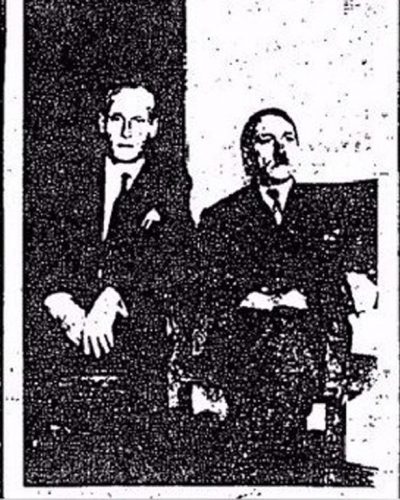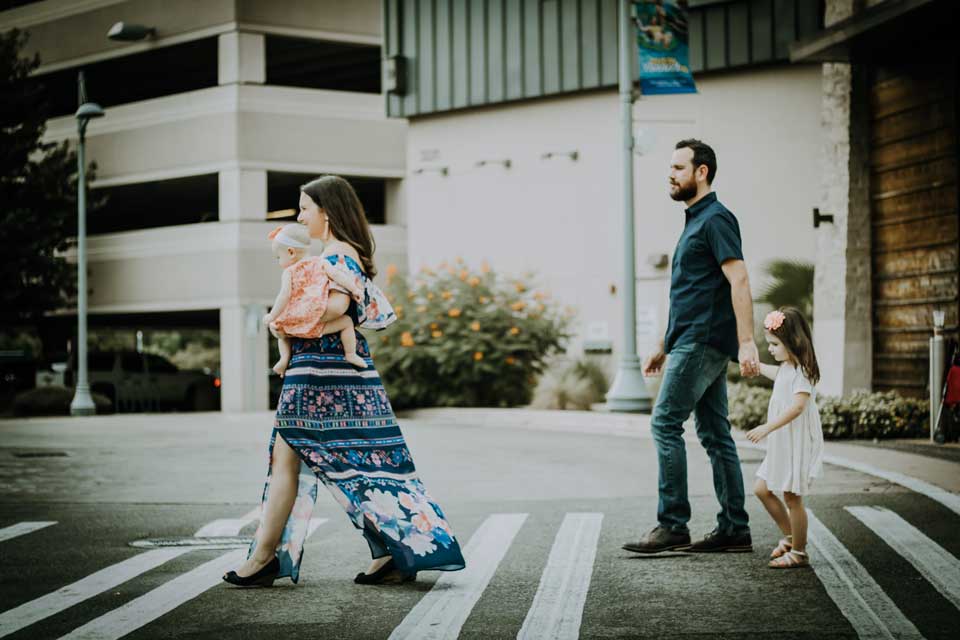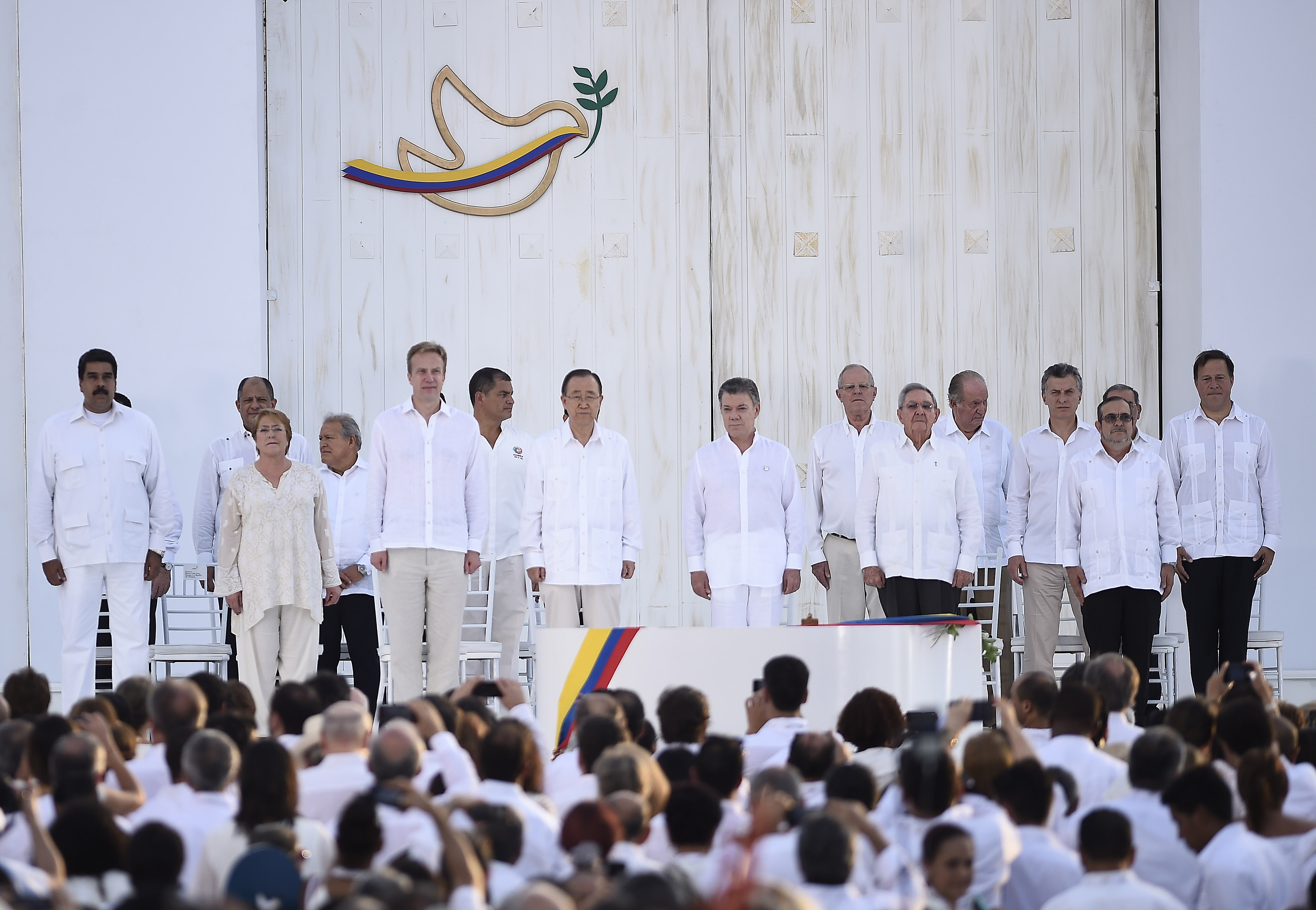Putting you and yours first isn’t always a good thing.

I read a strange story in El Heraldo while I was on holiday. It was a small story, tucked away at the bottom of a page. “The Char family are deciding on their candidate for Barranquilla mayor” was the story. It didn’t feel strange at first – the Char family are well-known on the coast and wield a lot of power.
Later, I thought more about that little article. The Char family. Not a party, not a representation of the people’s will, but a family. It feels like Game of Thrones, where people fight tooth and nail to protect their family’s honour. The fictitious Game of Thrones, or the reality of feudal Europe.
That was something Colombia ostensibly rejected after Bolívar’s revolution brought independence. After kicking out the Spanish crown in 1819 though, Colombia didn’t kick out the aristocracy. Instead, it was hidden. Some of the more obvious trimmings were removed from titles, but power and influence most certainly remained.
Related: Oli’s big topic, the Not In My Back Yard culture
A name in Colombia means a lot to the right people. And those are the people that run the country. It’s hardly a surprise to find that nepotism is rampant. The obsession with family means that plenty of jobs are reserved for the sons and daughters of certain lineages. All of this simply means that class divisions become ossified and mobility becomes less and less possible.
Then, of course, there are the dynastic politicians such as the Chars. It’s an absurd idea to think that even under democracy, people vote for essentially an aristocratic system where one is born into power.
But this isn’t just a gomelo thing. This is not confined to those few families that run modern Colombia from behind the scenes, tugging on the strings of various marionettes. It pervades every part of society, from the gleaming strata six penthouses to the ‘invasion’ barrios in the hills behind.
Obligation to family places incredible burdens on many regular folk. These people suffer the negative effects of family ties, but there are no cushy jobs to balance it out. Instead, they are expected to carry out household tasks, to accede to the whims of family members and above all, to provide.
This traps many people into difficult situations, unable or unwilling to leave the family home despite the fact it often deeply inhibits their personal development. This is an arrangement that suits no-one – the parents are lumbered with parasitic children and the offspring themselves are restricted from spreading their wings and doing as they please. In the end, the apron strings are cut far too late.
Related: Oli’s previous big topics
More worrying still is the level of child abuse and domestic violence that takes place in Colombia. Too often, this is hidden behind the façade of family. ‘Don’t wash your dirty linen in public’, goes the expression, and it means in practice that many have to suffer to protect the family name. I’ve heard people make jokes in passing about uncles that are too free with their hands, but this should be no laughing matter.
Does this mean you should renounce your family name and act like a spoiled teenager raging against your family? Of course not. But we would all do well to remember that we’re part of something much bigger than a mere family, that thing called society. Blindly protecting family members or doing favours for blood relatives is something that can do a lot of harm to wider society. Wanting to help your nearest and dearest is an understandable thing, but it shouldn’t come at the expense of the common good.




